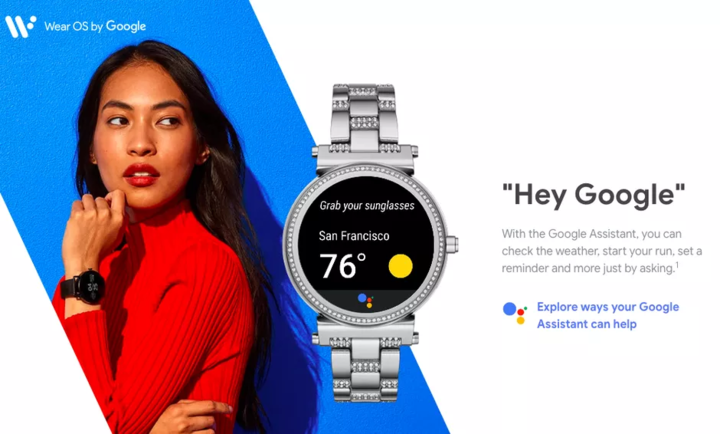After a rumored week, Google confirmed on Friday that it has agreed to acquire Fitbit, a health tracking device company, for a purchase price of $2.1 billion, a 19% premium to the latter’s closing offer on Thursday. The transaction still requires shareholders and regulators. Approved.

▲ Image from: Reuters
This is Google’s biggest acquisition since the acquisition of Nest, the smart home company, for $3.2 billion in 2014, which shows its determination and ambition.
Almost all evaluations of this deal are inseparable from Apple’s name, which means that the two tech giants are finally going to have a head-on confrontation in the health field. Even though it’s too late, Google has to catch up with Apple even with Fitbit. It’s not that easy, but Google has to get involved in the health field, and it’s available on the wrist and Apple Watch.Competing hardware is the only way to go, not to mention, Fitbit’s data of up to 28 million users is a valuable resource.
Of course, this batch of data is also a controversy. Fitbit uses user health data to count workouts and bind to social networks like Facebook and Twitter. Some Fitbit users may be concerned about Google’s own weight, sleep, heart rate, etc., although both companies promise Fitbit’s user data will not be used for Google ads, and users can migrate or delete data themselves.
“By working closely with Fitbit’s team of experts and integrating the best AI, software and hardware, we can help drive innovation in wearables and create products that benefit more people.” Advanced Google devices and services Vice President Rick Osterloh said in the acquisition statement.
In recent years, Google’s new products in the smart field have already had Pixel phones, smart speakers, smart thermostat Nest, smart camera clips and various entertainment devices, but it is still a blank in the wearable field.

In fact, before Apple introduced Apple Watch in 2014, Google first announced Android Wear watches.The plan, but it has been behind since then, so far Google’s role in smart watches is limited to the WearOS operating system for other smart watches, and this system still has a lot of deficiencies compared to the increasingly mature watchOS, at least two The gap is definitely bigger than Android and iOS.
Not to mention that Apple Watch uses Apple’s own chips, and the various Android Wears on the market use Wired is “still relying on some of Qualcomm’s mundane products”
Seeing that Apple has become the leader in wearables, Google seems to speed up the pace of catching up. Earlier this year, they spent $40 million to buy a fashion brand related to Fossil, but the technical content was not disclosed. Just as the acquisition of the HTC Smart Watch team to develop its own Pixel, the acquisition of Fitbit, which has been established in the health tracking field, will allow Google to catch up with competitors faster.
The title map is from: Unsplash